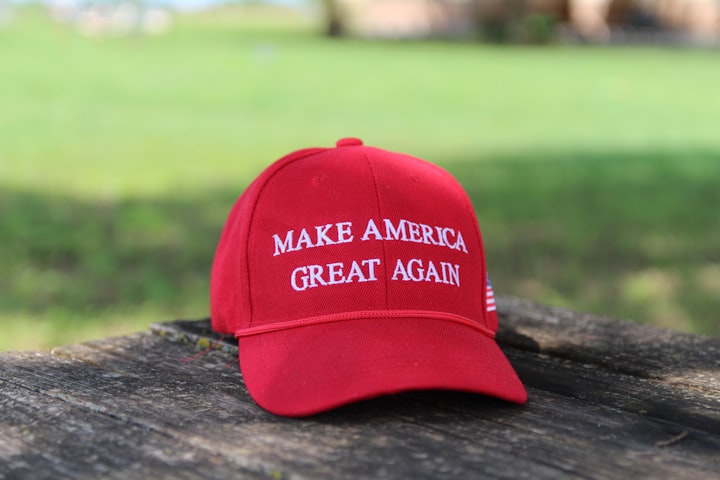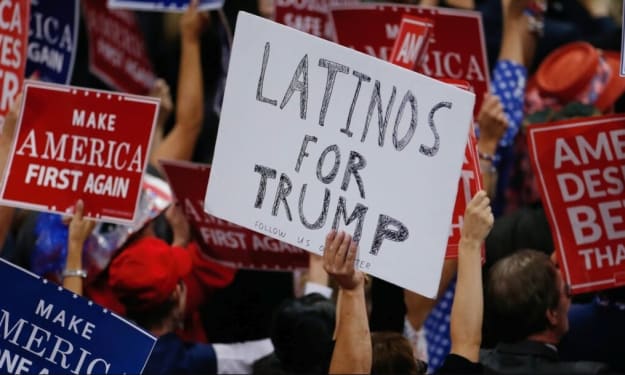Cracking Down on Adult Content: A Closer Look at the Nationwide Push for Age Verification
Hub Pulls Out of Texas

In a bold move echoing across the United States, states are stepping up efforts to implement age restrictions on adult content platforms like PornHub. This initiative, aimed at safeguarding minors from accessing explicit material, is stirring a heated debate around the rights of such platforms versus the imperative to protect young internet users. Despite the controversy, the consensus among many is clear: age verification measures are not only reasonable but necessary.
The controversy reached a tipping point in Texas, where courts recently upheld a law mandating pornographic sites to incorporate age verification mechanisms. This decision, far from being isolated, reflects a growing trend among states to confront the challenge of minors accessing adult content. The response from PornHub, however, has been to block access to their site in Texas altogether, a move that speaks volumes about their stance on the issue. Their decision to opt for exclusion over compliance has raised eyebrows and sparked outrage.
PornHub's reaction is not without precedent; similar actions have been taken in North Carolina, Arkansas, Virginia, Utah, Montana, and Mississippi, each of which has faced access restrictions for the same reasons. The Texas case, however, has garnered significant attention, propelling the debate into the national spotlight. This has led to a mix of celebration and criticism, with Texas Attorney General hailing it as a victory for child protection, while PornHub defends its position as a matter of adult rights and free speech.
Critics argue that the implementation of age verification systems is both impractical and invasive, posing risks to user privacy and requiring substantial investment in new infrastructure. Yet, proponents counter that such measures are essential for protecting minors and that the inconvenience to adults is a small price to pay for the greater good. They point out that society already accepts ID checks for other adult activities, questioning why internet pornography should be exempt.
Moreover, revelations about PornHub's alleged strategies to target younger audiences have added fuel to the fire, intensifying calls for stricter regulation. The company's resistance to implementing safeguards against minor access casts a shadow over its commitment to social responsibility, suggesting a prioritization of access over safety.
The debate over age verification for adult content sites is emblematic of the broader struggle to balance internet freedom with the need to protect vulnerable populations. As states like Texas take bold steps to confront this issue, the reactions from platforms like PornHub reveal the complexities and controversies at the heart of digital age governance. Whether these measures will lead to meaningful change or simply drive the problem underground remains to be seen. However, one thing is clear: the conversation about how to protect minors online is far from over, and the actions taken today will have lasting implications for the future of internet safety.
The discussion extends beyond the realms of law and policy into the cultural domain, where attitudes towards pornography and its accessibility are contentious. The push for age verification laws is part of a broader conversation about the impact of pornography on society, including its implications for sexual health, relationships, and the normalization of certain behaviors among young people. This conversation is crucial in an era where digital content is omnipresent and shaping norms and expectations in ways we are only beginning to understand.
As this debate unfolds, the actions taken by states and the responses from platforms like PornHub will set precedents for how digital content is regulated and accessed. It's a moment that calls for thoughtful dialogue, innovative solutions, and a commitment to the common good, ensuring that the digital world is safe for all, especially the most vulnerable among us. The conversation around age verification laws is not just about pornography; it's about how we navigate the complexities of freedom and responsibility in an increasingly interconnected world.
About the Creator
Lawrence Lease
Alaska born and bred, Washington DC is my home. I'm also a freelance writer. Love politics and history.






Comments
There are no comments for this story
Be the first to respond and start the conversation.